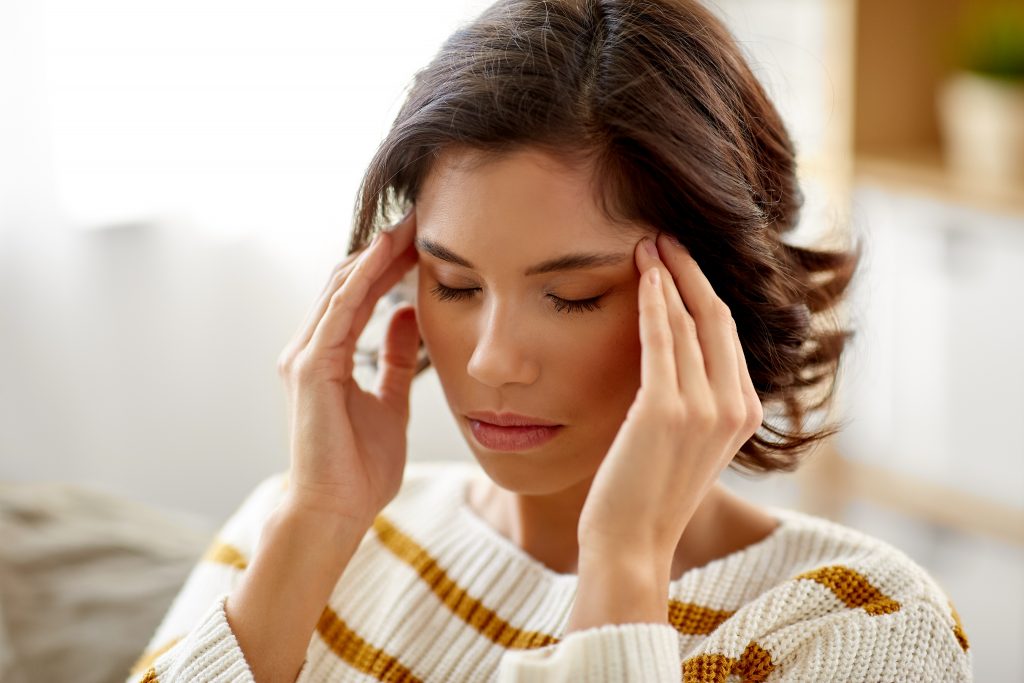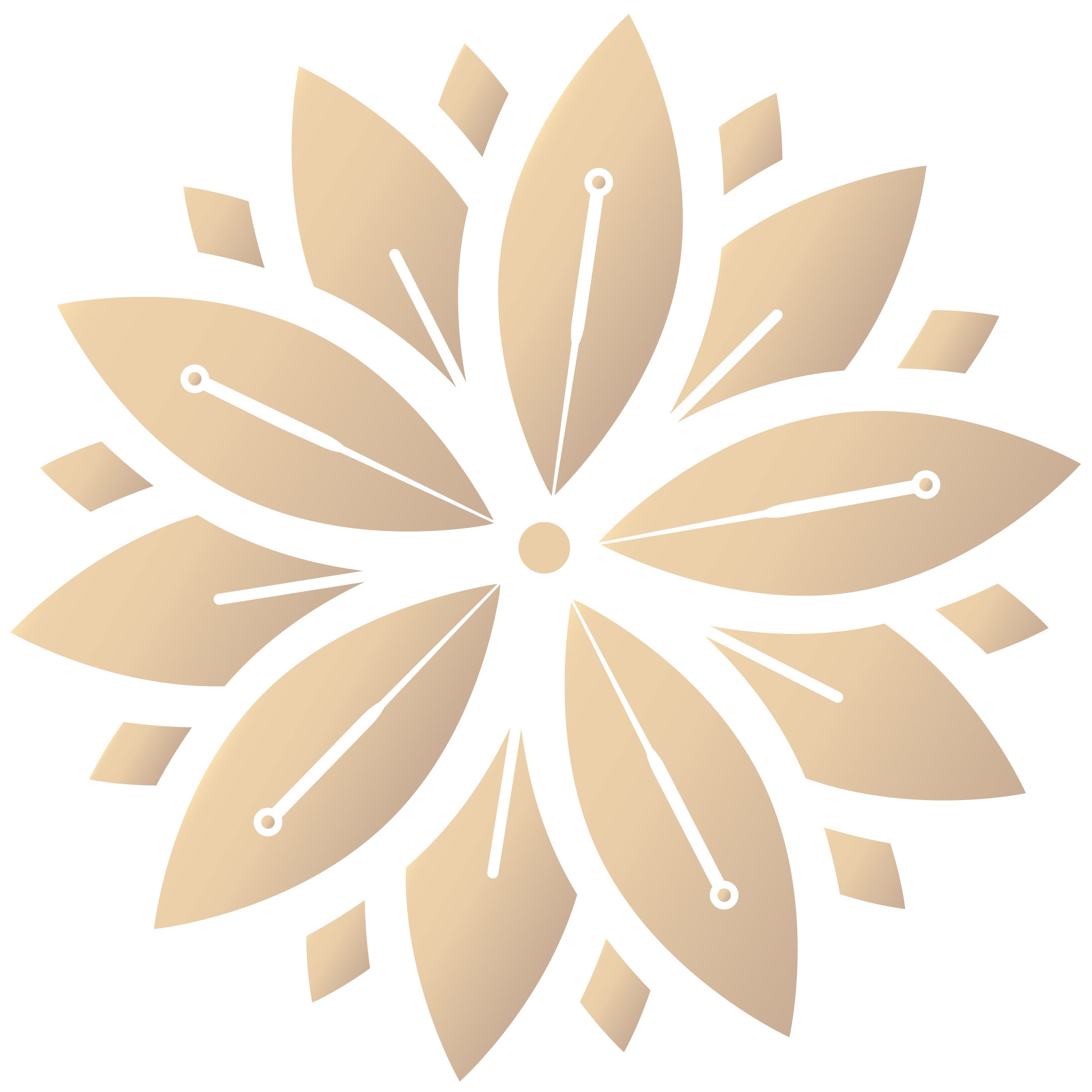
Many people experience anxiety and stress from time to time. The feeling of being stressed can be triggered by various events that make you feel nervous and frustrated. This is relatively true now since the world is experiencing one of the worst pandemics in recent history. Stress and anxiety can also be caused by other life events such as relationship breakdowns, loss of a loved one, problems at work and menopause.
In fact, in some states in our country like Victoria where outbreaks occurred in several locations this month, authorities are left with no choice but to impose stage 4 restrictions which included a curfew from 8:00 pm to 5:00 am. This new restriction will prevent people from leaving their homes unless they are giving or receiving care, work, or visiting a partner.
Victoria is also now under a state of emergency and state of disaster, which gives the Government greater powers to enforce tightened restrictions. These efforts are aimed to force down or contain the community transmission of coronavirus.
Businesses will feel the effects of these new restrictions in Melbourne, and this might cause a huge amount of uncertainty and panic with some companies since they will be forced to shut down their operations. This also means more people will be out of work for the time being, and this will definitely cause stress and anxiety among their workforce.
When to seek help
Stress is a normal part of life, and it does serve a purpose. It makes you aware of danger, helps you calculate risks, and motivates you to be more vigilant and prepared. However, anxiety may impact the quality of your life, so it’s essential to stay in control of it or it can lead to more serious issues.
Usually, people who have anxiety and stress over long periods may experience negative health outcomes, especially during times of isolation. They will likely be prone to high blood pressure, heart disease, diabetes or even develop panic and depression disorder.
Therefore, if you feel you are avoiding situations due to irrational fears, or you’re experiencing severe anxiety due to the current restrictions in Victoria, then you may need to seek some help.
Symptoms of stress
Stress and anxiety may produce several psychological and physical symptoms. Common physical symptoms will include the following:
- Muscle tension
- Stomach ache
- Headache
- Rapid breathing
- Shaking
- Fast heartbeat
- Sweating
- Dizziness
- Change in appetite
- Insomnia
- Diarrhoea
- Fatigue
People who are feeling stress and anxious will also have mental or emotional symptoms, and these will include:
- Panic or nervousness
- Feelings of impending doom
- Irrational anger
- Difficulty concentrating
- Restlessness
What to do if you’re experiencing stress and anxiety
To control anxiety and stress before it snowballs, you may want to try out some of the ideas below:
- Avoid drinking alcohol
Drinking alcohol when your nerves are shot may calm you at first, but we all know that anxiety will return with a vengeance. So, if you let yourself rely on alcohol to relieve you every time you feel anxious and stressed out, then you may develop alcohol dependence.
- Exercise regularly
Exercise is good for your physical and emotional health, so regular exercise will be as effective as any medication to ease your mind. It is recommended that you exercise at least 30 minutes a day to relieve yourself from anxiety.
- Don’t resort to caffeine
Caffeine may cause nervousness and jitters, which can trigger or worsen anxiety disorders. Drinking too much coffee can also cause panic attacks in some people, so it would be wise to eliminate caffeine gradually to improve symptoms.
- Meditate
The main goal of meditation is to remove any chaotic thoughts and to bring you to a calm and mindful state. Research suggests that meditation can relieve anxiety and stress, so you might want to meditate at least 15 to 30 minutes a day to alleviate yourself from any anxiety symptoms.
- Eat a healthy diet
Chemicals in processed foods, including flavourings and artificial colourings as well as other preservatives, can cause mood changes in some people. Also, a high-sugar diet may affect your temperament, so you should always check your eating habits. Try to stay hydrated and eat healthy food rich in carbohydrates, vegetables, fruits, and lean proteins.
Acupuncture as an alternative treatment for anxiety and stress
Several notable pieces of research have shown that acupuncture can treat anxiety and panic symptoms. However, you must receive these services from a certified and licensed acupuncturist like Belinda Eisen. In fact, professional acupuncture practitioners will be an accredited member of the Australian Acupuncture & Chinese Medicine Association (AACMA) and registered with the Australian Health Provider Regulation Agency (AHPRA).
The use of acupuncture as an alternative treatment for mental health conditions continues to rise since it has been evaluated to be safe and effective.
